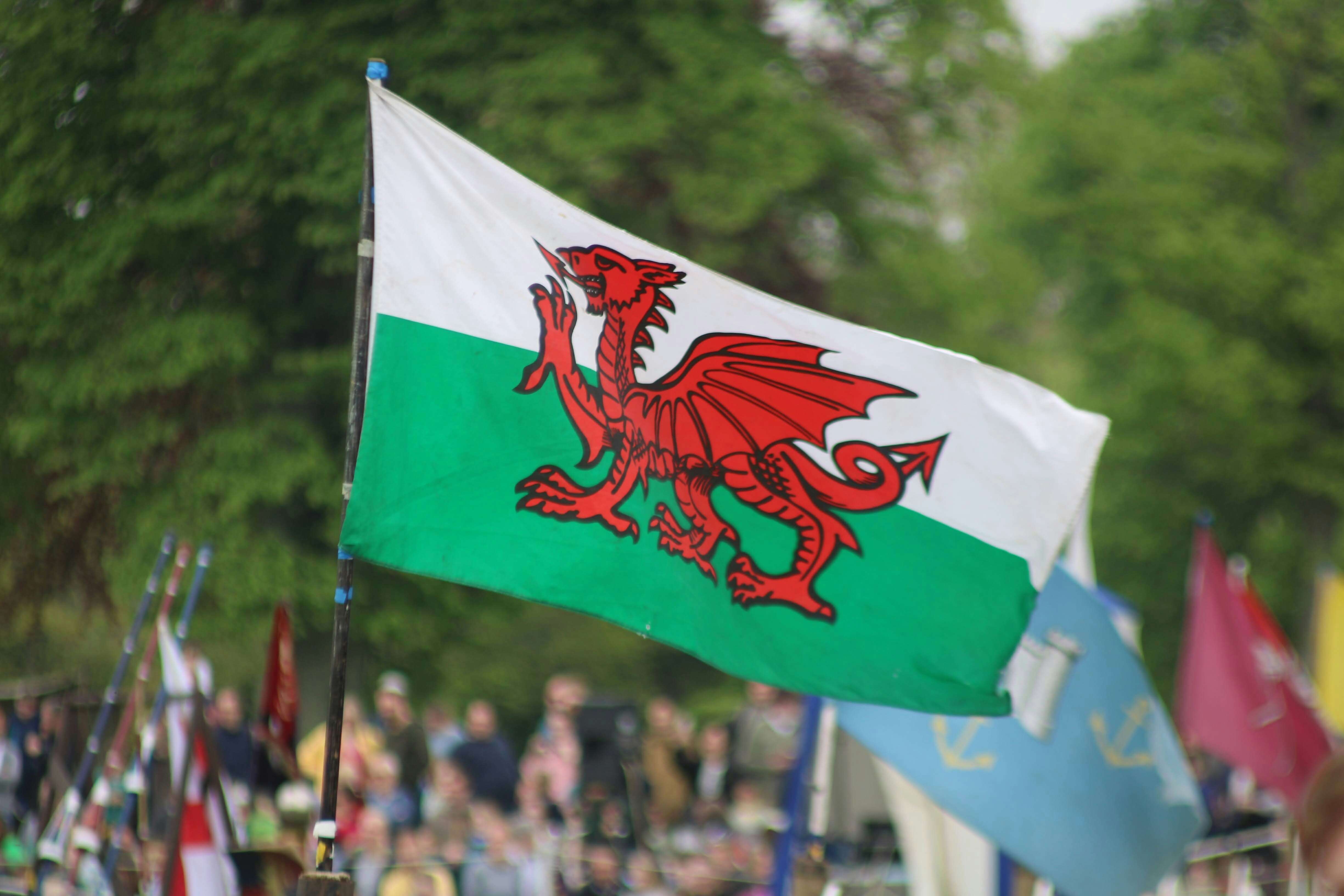Wales is a country where history whispers from every corner, and its language, Welsh (Cymraeg), is a significant part of its identity. Learn a few words to enhance your experience.
Welcome to picturesque Wales, UK where language plays a crucial role in immersing yourself fully into the rich culture and history of this beautiful country. At Gin & Tonic Travel, we believe that understanding and appreciating the local language not only enhances your travel experience but also bridges the gap between cultures, making your journey more meaningful.
A Little History
Welsh is one of the oldest languages in Europe, dating back over 1,500 years. Interestingly, it is a living language used daily by a significant portion of the population with strongholds in the north and west of the country. This bilingual nation prides itself on preserving and promoting its linguistic heritage, making it a fascinating aspect for travelers to explore.
When visiting Wales, engaging with locals in their native language can open up unique experiences and opportunities to learn about Wales’ traditions and stories that you might not find in guidebooks. Many Welsh people appreciate any effort made to speak their language and are usually more than happy to help you learn. Additionally, attending local events such as Eisteddfodau (Welsh cultural festivals) can provide a deep dive into the essence of Welsh culture and language.
Embracing the Welsh language is about more than just communication; it's about connecting with the history and soul of Wales. From its ancient castles and myths to its modern-day vibrant cities, Wales offers a blend of old and new, all tied together by the thread of its language. Whether you're exploring the rugged coastlines or enjoying a warm cuppa in a cozy café in Cardiff, knowing a bit of Welsh will undoubtedly enrich your experience.
Here are some language tips from Gin & Tonic Travel's Language Tips for your trip to Wales, UK, designed to help you navigate through the Welsh language landscape.
- Welsh Pronunciation Guide: Welsh pronunciation can be challenging for non-native speakers. However, learning the sounds of a few letters can help you get by. For instance, 'll' is a common Welsh letter pronounced somewhat like an English 'h' but with a voiceless lateral lisp. 'W' in Welsh can sound like 'oo' in English, as in 'cwm' (valley).
- Useful Phrases: Apart from greetings, here are some phrases that might come in handy:
- Good morning: Bore da
- Good night: Nos da
- Please: Os gwelwch yn dda
- Excuse me: Esgusodwch fi
- Yes: Iawn (informal), Ydw (formal)
- No: Nage (informal), Nac ydw (formal)
- Learning Resources: There are numerous resources available for those interested in learning more Welsh before their trip. Apps like Duolingo offer Welsh courses, and websites such as SaySomethingInWelsh provide immersive learning experiences.

